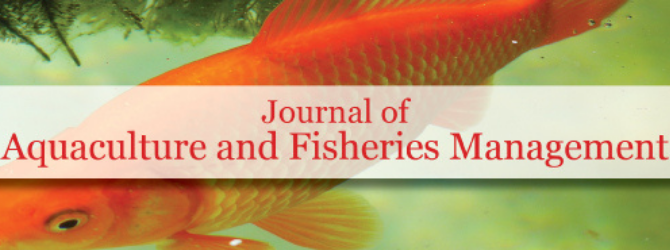
Sign up for email alert when new content gets added: Sign up
Reef fish are vital for reef health as their feeding types disturb the benthic environment (Choat, 1982; Floeter et al., 2007). Studies on reef fishes have supported to conserve and manage both reef fishes and reef (Lieske and Myers, 2002). But studies on reef fish are rarely conducted in Sri Lanka. The present study was done at the Paraiwella, Polhena and Hikkaduwa coral reefs at Southern Province in Sri Lanka with the objective of studying the major reef fish families, their feeding habits and size variations. Stationary Point Count method (SPC) with 5m radius water column was used for survey the reefs (Colvocoresses and Acosta, 2007). Data were collected between September 2018 to January 2019. Reef fish families, their feeding habits (herbivores, carnivores and omnivores) and their size classes (Small, Medium, and Large) were observed. Reef fish were identified using field guides and photographs were taken whenever possible. Twenty five families were recorded and among them four families (Acanthuridae, Pomacentridae, Labridae and Monodactylidae) showed dominance throughout the reefs. Paraiwella had the highest diversity of reef fish followed by Polhena and Hikkaduwa reefs. But the highest abundance of fish were recorded in Hikkaduwa reef. Omnivore was the feeding type of more than 50% of fish followed by herbivores and carnivores. Medium size fish were the most abundant. As there were some breeding grounds among the reefs, small size fish were the second most abundant. Study recorded four species of the Chaetodontidae family which is considered as a bioindicator for reef health.